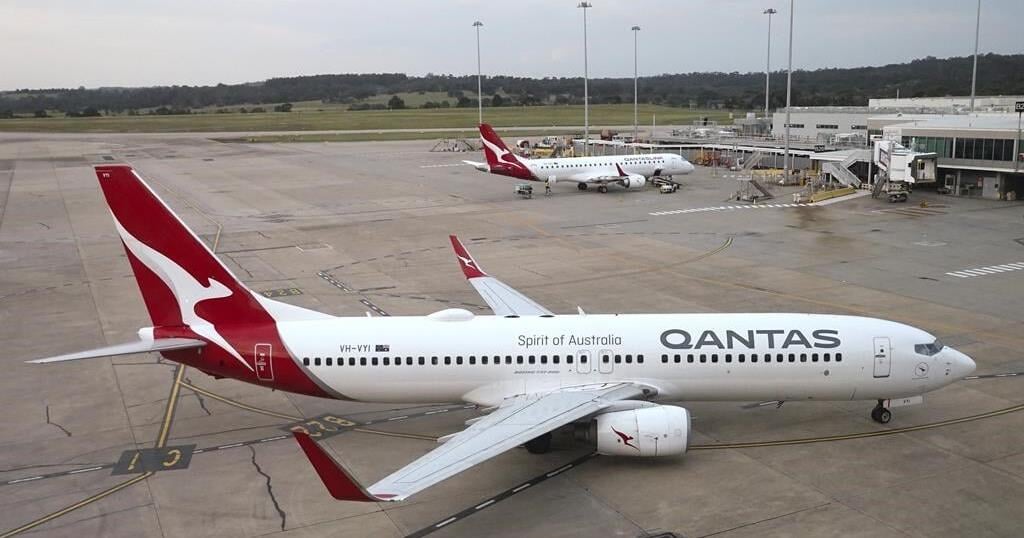OTTAWA – Prime Minister Justin Trudeau is in Peru, kicking off five days of meetings with leaders from around the globe as the world braces for the looming return of U.S. president-elect Donald Trump.
The meetings come as emerging powers like China vie for influence in South America, and as Canada clings to global trade blocs and multilateral systems under pressure from populist leaders.
In Lima, Trudeau is attending an Asia-Pacific Economic Cooperation summit, or APEC. The group focuses on resolving trade barriers and forming better links across the Pacific Rim. He’ll then head to Brazil for the G20 leaders’ summit of the world’s biggest economies.
Vina Nadjibulla, research vice-president for the Asia Pacific Foundation, said there’s lot to criticize about both summits, from who gets to attend to how productive they tend to be. But she stressed they are crucial for Canada navigating its place in a shifting world.
“Our prosperity depends on this,” she said.
“As things are shifting, there’s a lot of anxiety and we need to be at the table in reshaping the international trade order and reshaping the international economic order.”
Trudeau is set to take part in meetings Friday with guest countries invited by the Peruvian hosts, and the prime minister will give a lunchtime speech to delegates. The afternoon will involve meetings with various national and business leaders, including at an event focused inclusive growth and environmental sustainability.
APEC played a role in the creation of the Comprehensive and Progressive Agreement for Trans-Pacific Partnership, or CPTPP, a trade deal representing a massive area of countries along the Pacific Rim, from New Zealand to Chile. Canada ratified the agreement in 2018.
The U.S. was part of forming the trade pact, but Trump withdrew Washington from it on his first day in office in 2017. His successor, current U.S. President Joe Biden, never rejoined the pact, in a sign of cross-partisan weariness among Americans toward globalization.
Nadjibulla said the looming Trump presidency likely means a reduced role for the U.S. in multilateral institutions and fighting climate change, as well as greater tension with China over trade, tariffs and technology.
Canada is currently chairing the CPTPP trade bloc, and next year will be hosting the G7 summit of advanced economies, culminating in a leader’s summit in Alberta. This means Trudeau will be pushing to preserve rules-based trade “that is critical to our prosperity” over the coming days, Nadjibulla said.
“APEC is meeting in the context of rising protectionism, intense geopolitical competition, uncertain economic growth and the Trump election,” she said.
“It’s really quite different from the founding vision of APEC, which is all about trade liberalization (and) deeper economic integration. APEC was essentially a product of an era of hyperglobalization, which is definitely coming to an end.”
APEC meetings also give leaders a chance to meet when they are unlikely to visit each other’s countries, such as in San Francisco last year when Chinese President Xi Jinping and Biden smoothed out diplomatic tensions caused by surveillance balloons and restrictions on microchip usage.
Canadian officials have been mum on the prospect of Trudeau meeting with Xi, either in a formal sit-down or an informal hallway chat.
Foreign Affairs Minister Mélanie Joly went to Beijing in July, which could set the stage for Trudeau to do so on this trip, but Nadjibulla said the Chinese leader is likely more focused on other leaders at both summits.
“The tone and the rhetoric, I think, will escalate in the coming months, partly because of the actions that the U.S. is likely to take, and Canada will have to stay aligned with that,” Nadjibulla said.
Media in India are also speculating as to whether Indian Prime Minister Narendra Modi will meet with Trudeau, though Nadjibulla said that’s unlikely given Modi’s government blaming the Trudeau government and not Canada as a whole for heightened tensions.
Nadjibulla stressed that Canada is a respected nation in the region, including in Peru.
“We’re not a small player, because of our historic engagement particularly in the mining sector. And we can play an important role in shoring up the Western presence at the meetings.”
More than a dozen Canadian business leaders are attending the summit, as industry looks to expand commerce in the region involving critical minerals and clean technology.
On Sunday, the prime minister will leave for Brazil for the G20 summit, for discussions ranging from the war in Ukraine to artificial intelligence and ending hunger.
The Group of 20 includes leaders ranging from long-standing allies such as French President Emmanuel Macron, to populist firebrands like Argentine President Javier Milei, who just withdrew his negotiators from the annual UN climate talks underway in Azerbaijan.
John Kirton, head of the G20 Research Group, expects Trudeau and many leaders to have informal talks on the sidelines to make sense of how to navigate another Trump presidency.
“Trudeau will be in a relatively privileged position, because he’s been with Donald Trump at (several) summits, and we’re the next-door neighbours; we’re a front-line state,” he said.
His team, based out of the University of Toronto, will be closely watching for what the ending communiqué has to say about global trade, with Trump promising protectionist policies.
Trump has vowed to implement high tariffs that have been panned by economists. The London School of Economics warned last month these policies would likely hurt the economies of the U.S., China and the European Union.
Nadjibulla said it’s crucial that governments like Canada avoid fatalism, and remember that Trump’s promised policies might look different when they’re actually implemented.
“There is room and opportunity for economies and countries to co-ordinate and try to shape common responses to what they perceive to be a threat,” she said.
“These multilateral gatherings are still the best that we have. And we have to do everything we can to make them more relevant and better fit to address today’s challenges.”
This report by The Canadian Press was first published Nov. 15, 2024.
